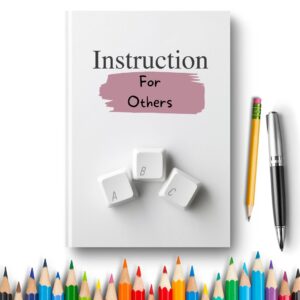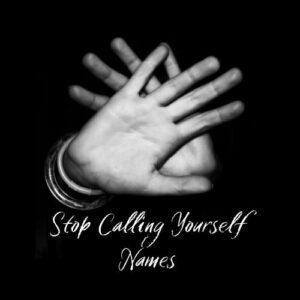Have you ever had a strong negative reaction to something but not sure why it bothers you? Here you’ll learn 5 powerful strategies to solve the mystery.
Maybe a friend shared that she’s getting married and you struggled to feel happy for her.
Perhaps your mother asked you how work was going and you snapped at her and then felt bad about it.
Understanding yourself is essential to knowing how to take care of yourself emotionally, without outsourcing it to those around you. Of course, this kind of outsourcing is common and understandable. The problem most of the time other people don’t do such a good job taking care of our feelings? And even when they’re good at it, it leaves us reliant on them for the job, which puts us in a pickle if/when they aren’t on call.
If you’ve read this far, there’s a good chance something’s bothering you right now. If so, bring it to mind now and I’ll walk you through one way to solve the mystery of why it’s bothering you.
In preparation for this co-investigation grab a paper and pen (napkin and eyeliner will work too). We humans aren’t particularly good at solving problems of the mind on the level of mind; it’s like trying to read a label from the inside of bottle as one of my teachers likes to say.
First, get clear on the facts of the situation.
Write down a clear, brief statement using only facts. No opinions or interpretations. Using the examples above, here are examples of factual statements of a situation.
My friend is getting married.
Mom asked, “how is work going?”
Once you’ve identified the facts, you’re ready for Strategic Question #1: What do I make it mean?
When you read back over your factual statement of the situation, ask yourself what you’re making the situation mean.
I should be happy for her.
Mom is insensitive and nosy.
Strategic Question #2: So What?
The next question builds on the answer to the last.
Let’s consider that what making it mean is true, what makes that upsetting? Why does it bother you? Or so what?
Because I’m not a good friend.
Because Mom shouldn’t pry and ask questions like that.
Strategic Question #4: Find the Rule
What rules do you have for yourself, others or the world that are being broken in this situation? (There are usually some absolutes in these rules, like always, never, must, etc.)
A good friend is someone who always feels happy when good things happen for their friends.
Mom’s should always be supportive and respectful.
Strategic Question #5: Judgement For Breaking The Rule
Let’s assume these rules have been broken, what does that mean for/about/to you?
I’m not a good friend.
My Mom sucks.
By the time you have the answers for all 5 questions, you will have taken a look under the hood and uncovered at least one thought that’s causing your distress. Remember that it’s not the situation that causing you to feel bad, it’s your thought about it (aka what you’re making it mean). Now that you have a better idea of the source of the problem, there are some options in where to go from here.
Option #1: You can keep believing the thought. This is the easiest option and the most popular.
Option #2: You can consider the possibility you may be wrong about the thought. This is the most challenging option but can offer the biggest change. If you’re bold enough to give it a try, take a stab at a “Maybe Statement.”
Maybe my not being happy has nothing to do with me being a good friend. Maybe it’s a signal that I have some feelings about marriage that I could take a closer look at if I want.
Maybe mom’s question came from genuine care or maybe I’m having negative thoughts about my work already and Mom innocently pushed an emotional bruise I’ve been trying to ignore.
You could edit the thought in a more realistic way by trying out a “Sometimes Statement.”
Sometimes I’m a good friend, sometimes I’m not that great and that’s ok.
Sometimes I don’t feel positive feelings on cue and that doesn’t have anything to do with being a good friend.
Sometimes mom is nosy and disrespectful and that doesn’t mean she’s sucks as a mom.
Sometimes mom is supportive and sometimes she’s not and that just makes her human.
I hope you will experiment with this exercise. Even just making an effort to understand yourself goes a long way in creating a more positive relationship with yourself and, by extension, others.



